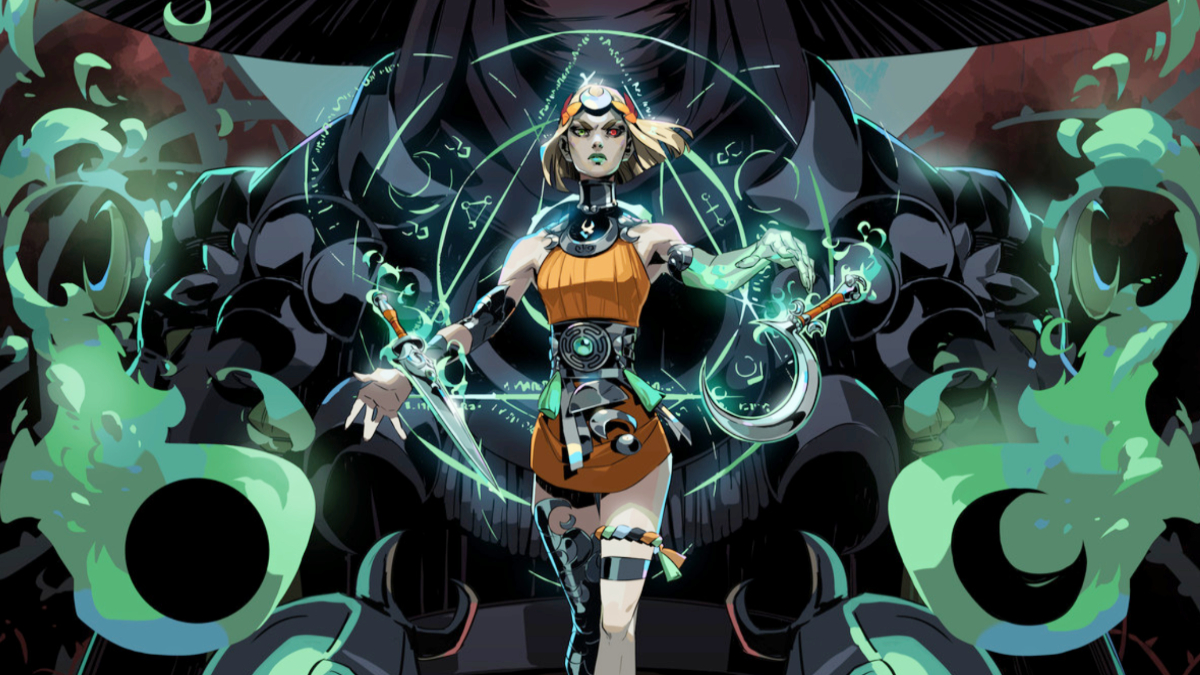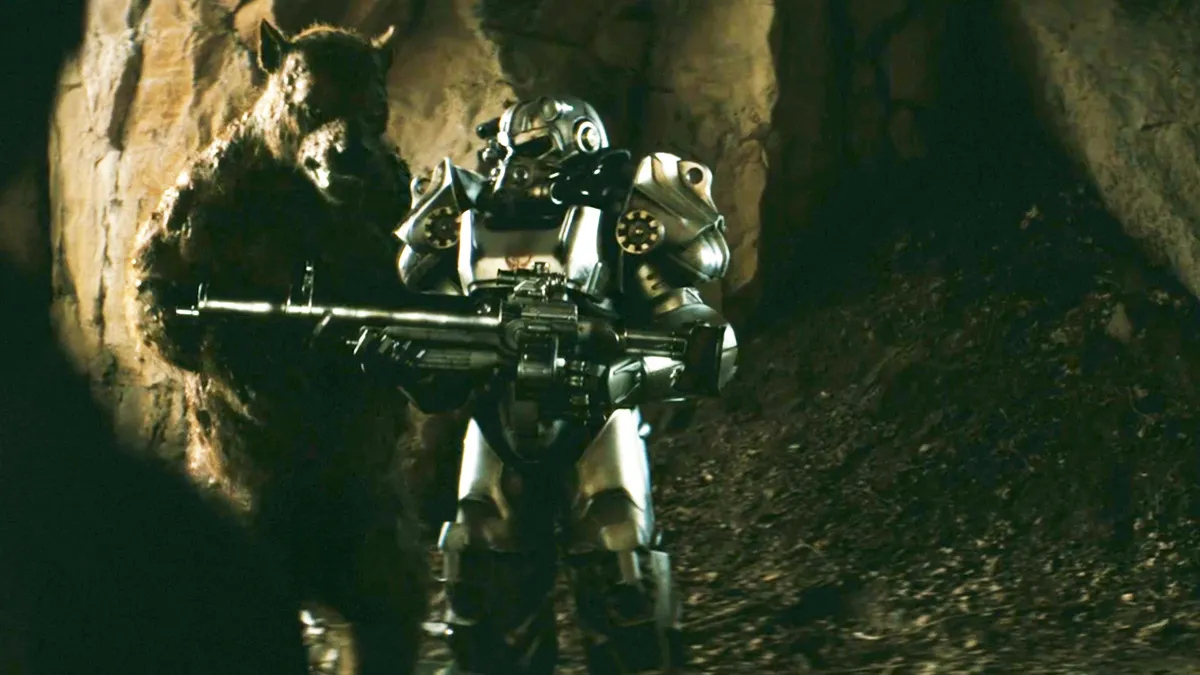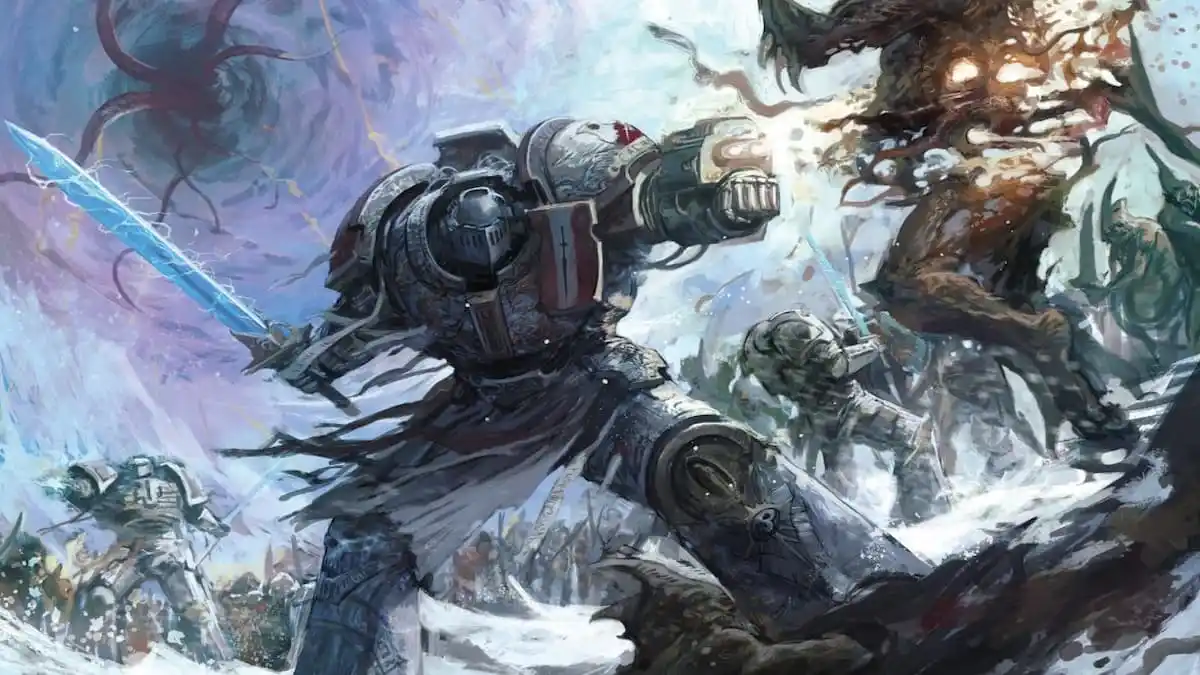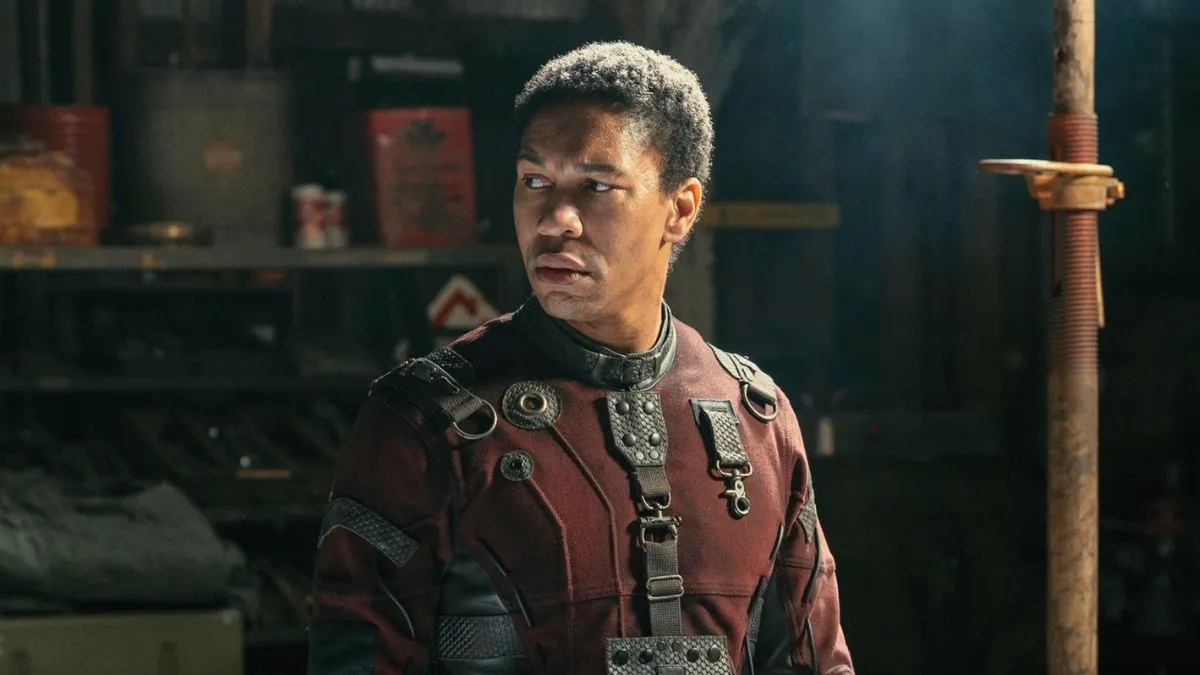
While your experience may differ, the amount of remasters and collections we have seen in this generation of consoles has always been a point of contention and subject of conversation, at least in my group of friends and peers. I myself go back and forth on this topic all the time. For one, I would like to see companies allocating more resources towards newer games, rather than simply rehashing older titles, many of which I have in my personal collection. On the other hand, a few of these remasters and re-releases are notable for making it much easier to actually get your hands on certain games (Grim Fandango Remastered comes to mind).
Furthermore, some of these titles are merely meant to tide us over until a new entry in a series releases, such as the newly released Gears of War: Ultimate Edition, or the upcoming Uncharted: The Nathan Drake Collection.
There’s a common thread between most of the remasters we’ve seen within the last year or so; most of these re-releases tend to focus on remastering and revamping older titles, rather than preserving the original look and feel of the game. This is understandable of course, as developers are trying to take advantage of newer and more powerful hardware. But if you’re in the market for picking up older games and playing them in their original state (and by extension, how they were designed to be played), than you’ll often find yourself out of luck.
This is where the Mega Man Legacy Collection shines. Rather than remastering and tooling around with the inner workings of each game, developer Digital Eclipse has lovingly ported over the first six NES Mega Man games onto modern systems. Rather than inject their own ideas and modern sensibilities into these titles, the games have been ported over faithfully, with accuracy and consistency being the main selling points of this collection. Purists can rejoice, as the Blue Bomber hasn’t been dumbed-down or butchered in his transition to modern consoles.

Before I dive into the ports themselves, I should mention the one concern that I’ve seen popping up on message boards here and there. Devout fans will have by now realized that there are plenty of titles that have not made the cut. While I doubt many expected games from other sub-series within the franchise to have made it, it’s worth pointing out that Mega Man 7 through 10 are absent from the collection. While some may cry foul, it is important to note that Capcom and Digital Eclipse made a conscious decision on this front, as it was more feasible to focus on getting six NES games up and running accurately, rather than also throwing two PlayStation 1 titles and two modern titles into the mix.
With that being said, I am happy to say that the collection contains the best versions of the NES Mega Man titles that I have played, and they are right on par with original releases and with the Wii Virtual Console emulations. Digital Eclipse has gone above and beyond the call of duty here, with each game running (from what I can tell) exactly how I remember them on the original NES. They even run with the slowdown and object flickering that was present on the original hardware, a nice touch that I’m sure speedrunners and purists will rejoice at.
Compared to the Mega Man Complete Works on PlayStation 1 (which had compromised audio and visuals) and the Anniversary Collection (which had complete sections of certain titles missing), the Legacy Collection marks a new standard for retro re-releases.
While I did mention that Digital Eclipse opted not to mess with the inner workings of each game, it should be noted that plenty of optional modes and graphical options have been added, should you want to tailor each game to your liking. Since each game was completely rebuilt from its original NES cartridge/ROM into what some might call an “Eclipse Version” (which run on Digital Eclipse’s self-titled Eclipse Engine), the developers have managed to add some display and user interface options, which can be ignored entirely if you prefer to play each game in their original state.

On the resolution front, you can opt to play each game in its ‘original state’ which relegates the play area to a rectangle in the middle of your screen. Switching to full slightly blows up this image, leaving black bars on each side of your TV or monitor (each game has its own unique optional border which you can enable if the black bars aren’t your thing). Lastly, you can choose to stretch the game out, filling the entire screen, at the cost of reducing clarity and sacrificing the native aspect ratio.
There are also two filters titled ‘monitor’ and ‘TV’, which try to mimic scan lines, bloom, color bleed, ghosting and other visual effects that are synonymous with displays from the 80’s and 90’s. Controls can also be customized to your heart’s content, with the auto/rapid fire from the Complete Works and Anniversary Collection versions making the cut (once again, these are totally optional). What’s best is that glitches and tricks from the original releases have been included, too, including the ‘2nd Controller’ trick from Mega Man 3.
Outside of the six games, there are plenty of extras which have been collected from previous releases and the Capcom archives, and have been organized into a museum mode of sorts. The Database mode from the Rockman Complete Works, which was originally a Japanese exclusive, has been fully translated. This database provides high resolution artwork of enemies and bosses, along with information on how to beat them, with the option to practice fighting against them with a single button press. The Museum mode features even more artwork from the series, including box art for plenty of Mega Man releases. There’s also a music player, which allows you to play the original (and unaltered) tracks from the first six games.
Lastly, there’s the Challenge Mode, which serves up curated sections from any of the six titles, with par times to beat in order to receive higher rankings. One challenge might have you play different sections of Mega Man 2, while another might task you with beating the Yellow Devil as quickly as you can. These challenges are a great addition for anyone who is looking for replay value outside the main games, and a leaderboard system (complete with downloadable ghosts/replays) allows you to take your best times and compete with other players. Should you just stick to the actual Mega Man games, the password systems are still intact, though the addition of save states make it easier to pick up and play for short bursts.
I’m sure there are plenty out there who are going to hold out for Mega Man XI or Mega Man Legends 3, and I’ll be the first to rejoice if that should ever happen. In the meantime, I can only hope that the release of Mega Man Legacy Collection means that Capcom has some plans in store for the Blue Bomber sometime in the near future. Either way, you’d be doing yourself a disservice by ignoring the Legacy Collection, whether you are a series veteran or a newcomer hoping to dip your toes in the water.
This review is based on the Xbox One version of the game, which we were provided with for review.






